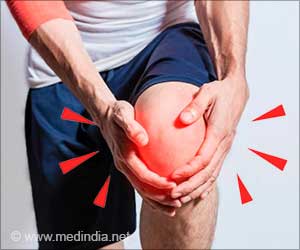Adults suffering with type 2 diabetes could some day be treated with a drug derived from a chemical compound in red wine.
Adults suffering with type 2 diabetes could some day be treated with a drug derived from a chemical compound in red wine.
Scientists have revealed that drugs that ape the health-protection effects of a chemical compound in red wine could form the basis of the next generation of treatment for diabetes. An extract of red wine, resveratrol, is known to temper the harm done by fatty diets, helping to expand healthy life and fight fat-related disease.But tests in mice have shown that gallons of vino or a super-sized pill would be necessary for humans to stand a chance of getting the same benefits.
Now scientists have identified several chemicals that mimic resveratrol but have positive effects at more modest doses. The drugs have already been shown to do as well as another type 2 diabetes treatments in rodent tests of the disease, and will soon be tested in people.
In mice, resveratrol reverses the toll of gluttony, keeping their livers healthy and insulin down1. Scientists think this effect is because of the compound’s ability to set off a protein that affects metabolism – called Sirt1.
To confirm this, and to search for a more potent pharmaceutical, Christoph Westphal, a biologist and CEO of Sirtris Pharmaceuticals in Cambridge, Massachusetts, and his team went looking for other compounds that rev up Sirt1. After going through half a million chemicals, the group found several that activate Sirt1 at much lower doses than resveratrol does. One of the compounds, SRT1720, is about a thousand times more potent in biochemical tests.
Westphal’s team gave a small dose of SRT1720 to fattened-up mice, and the rodents’ blood sugar fell compared with fat mice not given a drug. The drug matched a proven type 2 diabetes treatment in restoring insulin sensitivity in the obese animals. SRT1720 also lowered blood sugar in two other rodent models used to test diabetes drugs.
Advertisement
“When you calorie restrict and exercise your Sirtuin levels go up, and no one's telling you that's unsafe,” Nature quoted him, as saying. Clinical safety trials for SRT1720 as a diabetes drug are scheduled to begin in the first half of 2008. However, there’s no assurance that it will prove safe and effective in people, says Guilo Pasinetti, a biologist at Mount Sinai School of Medicine in New York.
Activating the protein could help fend off the cellular damage that causes other diseases that come with age, such as cancer, Alzheimer's and heart disease. “One wants to believe that this target is broader than just metabolic diseases. In the perfect world the target would be all diseases of ageing,” he said.
Source-ANI
LIN/P











